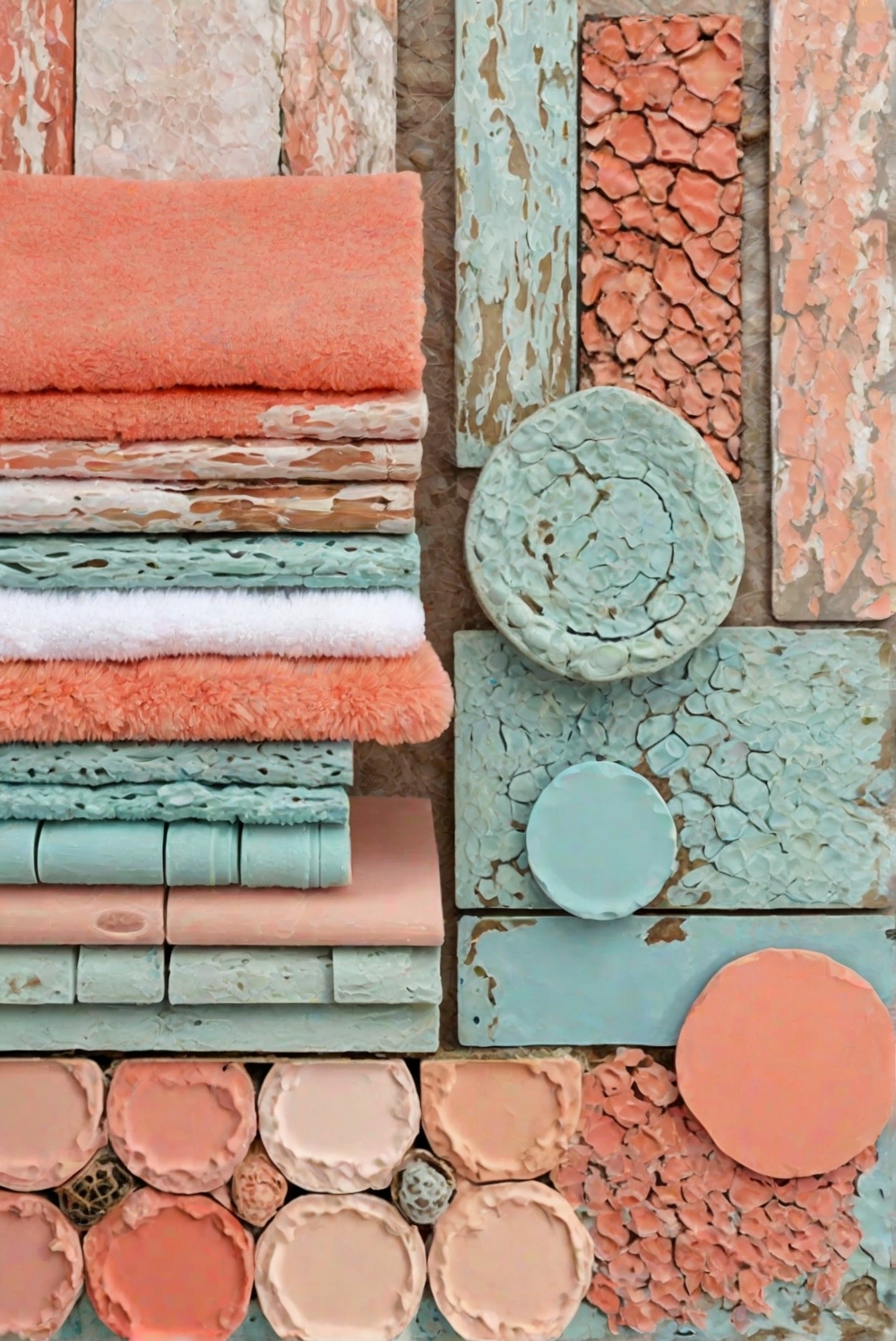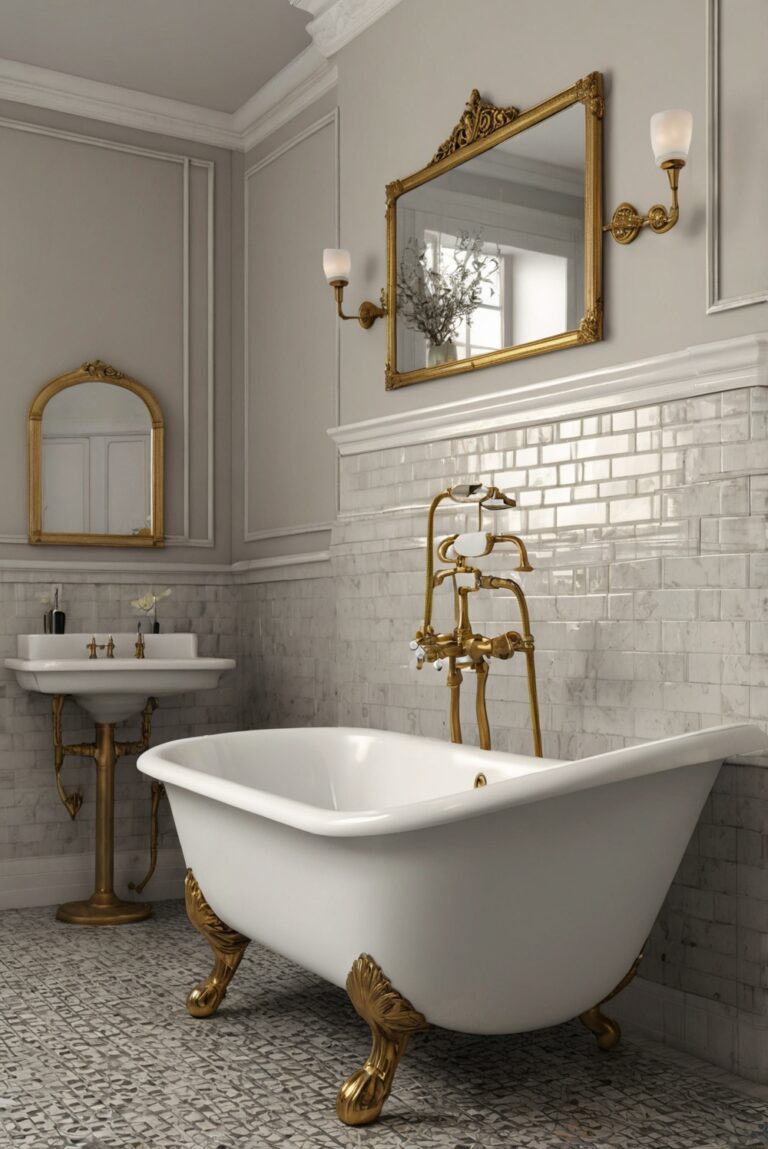Are you wondering why your bathroom smells like sewage? Discover how an interior designer’s daily routine can help you eliminate odors and create a fresh space.
Why does my bathroom smell like sewage?
Poor bathroom maintenance and plumbing issues are common causes for sewage smells in the bathroom. This can be due to a blocked drain, a malfunctioning bathroom exhaust fan, a dry P-trap, or leaky pipes. To address this issue, regularly clean your bathroom, ensure proper ventilation, run water in unused drains, inspect for any leaks, and consider contacting a plumber if needed.
For a pleasant and fresh bathroom, focus on home decorating and interior design concepts. Space planning and organizing your bathroom essentials can greatly enhance the aesthetic appeal. Consider using designer wall paint to add a pop of color, ensure proper primer paint for walls before painting, and match paint colors for a cohesive look.
Why does my bathroom smell like sewage?
Having a sewage smell in your bathroom can be quite unpleasant and concerning. It is essential to address this issue promptly to ensure the health and safety of your household. Several factors could be causing your bathroom to smell like sewage.
Possible causes of sewage smell in the bathroom:
1. Blocked or damaged sewer pipes: One common reason for a sewage smell in the bathroom is blocked or damaged sewer pipes. This can lead to the backup of sewage gases into your bathroom, causing the unpleasant odor.
2. Dry P-trap: Another possible cause is a dry P-trap. The P-trap is a U-shaped pipe under your sink or shower that traps water to prevent sewer gases from entering your home. If this trap dries out, it can no longer block the odor, leading to a sewage smell.
3. Leaking toilet seal: A leaking toilet seal can also be a culprit. If the seal around the base of your toilet is damaged or loose, it can allow sewage gases to escape, resulting in a foul smell in your bathroom.
How to get rid of the sewage smell in your bathroom:
1. Check for blockages: Start by checking your sewer pipes for any blockages or damage. If you suspect a blockage, it is best to contact a professional plumber to address the issue.
2. Run water in unused drains: To prevent P-traps from drying out, regularly run water in drains that are not frequently used. This will help maintain the water barrier that blocks sewage odors.
3. Inspect and repair toilet seals: If you suspect a leaking toilet seal, carefully inspect the base of your toilet for any signs of leakage. Repair or replace the seal as needed to eliminate the sewage smell.
Commonly asked questions about sewage smell in the bathroom:
1. Can a sewage smell in the bathroom be harmful?
A sewage smell in the bathroom can indicate the presence of harmful gases such as methane and hydrogen sulfide. Prolonged exposure to these gases can have adverse health effects, so it is crucial to address the issue promptly.
2. Is a sewage smell in the bathroom a sign of a serious problem?
While a sewage smell in the bathroom can be caused by relatively minor issues like a dry P-trap, it can also indicate more serious problems such as sewer pipe damage. It is essential to investigate the source of the smell to determine the appropriate course of action.







